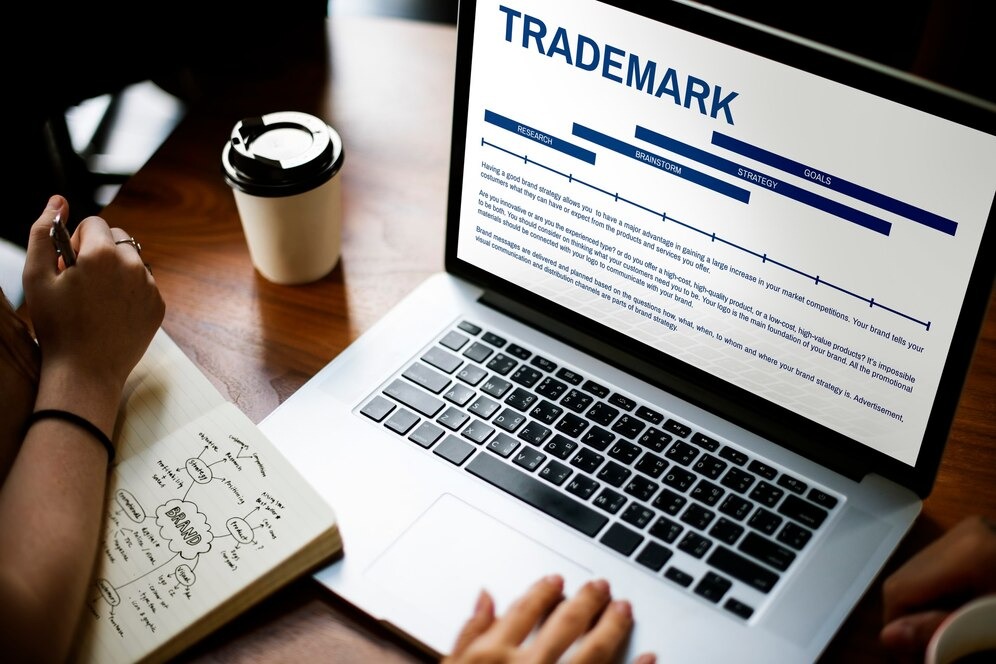Opening an online store is not just about deciding on products to sell and how to present your website. You need to ensure e-commerce business registration and e-commerce store legal compliance. In this guide, we have outlined the important legal obligations that you need to be aware of to help safeguard your business and mitigate expensive penalties.
Why Legal Compliance is Important for E-commerce Businesses
Following legal requirements helps your e-commerce business registrartion:
- Operate legally and avoid fines or shutdowns.
- Build trust with customers through data protection and secure transactions.
- Protect intellectual property and prevent trademark disputes.
- Maintain financial transparency by following tax regulations for e-commerce laws.
- Ensure smooth operations by adhering to consumer protection rules.
By following these guidelines, you can grow your business without unexpected legal issues.
Step 1: Choose Your Business Structure and Register Your Business

1. Selecting the Right Business Structure
Before selling online, choose a legal structure for your business. Common options include:
- Sole Proprietorship – Easy to set up but offers no liability protection.
- Limited Liability Company (LLC) – Protects personal assets while allowing flexibility.
- Corporation (C-Corp or S-Corp) – Ideal for larger businesses or those seeking investors.
- Partnership – Suitable for businesses owned by two or more people.
2. Ecommerce Business Registration
After selecting your business structure, register with the right government authorities. Steps include:
- Registering a Business Name – Pick a unique and legally available name.
- Obtaining a Business License – Check state, national, and local licensing rules.
- Applying for an Employer Identification Number (EIN) – Needed for tax purposes if hiring employees.
- Registering for Sales Tax Permits – Comply with local tax collection requirements.
- Securing Domain Name and Trademark Protection – Register your domain and protect your brand name.
Step 2: Understand Online Store Legal Compliance

1. Website Legal Requirements
To operate legally, your website must meet various regulations, including:
- Privacy Policy – Explains how customer data is collected and used.
- Terms and Conditions – Outlines rules for using your site and buying products.
- Refund & Return Policy – Defines conditions for item returns.
- Cookie Policy – Complies with GDPR and other data privacy laws.
- Accessibility Compliance – Ensures usability for customers with disabilities (ADA compliance in the U.S.).
2. Data Protection & Cybersecurity
With growing online security concerns, e-commerce businesses must follow data protection laws like:
- General Data Protection Regulation (GDPR) – Required for businesses serving EU customers.
- California Consumer Privacy Act (CCPA) – Applies to businesses handling data from California residents.
- PCI-DSS Compliance – Ensures secure credit card transactions.
- Two-Factor Authentication (2FA) and SSL Encryption – Enhance website security and protect user data.
Step 3: Understanding Tax Regulations for E-commerce
1. Sales Tax Compliance
E-commerce businesses must understand and collect sales tax based on:
- Nexus Laws – Sales tax may apply based on your location or customer’s state.
- VAT for International Sales – Ensure compliance with Value Added Tax (VAT) in relevant countries.
- Tax Registration – Register for tax collection with local authorities if needed.
- Marketplace Facilitator Laws – Online platforms like Amazon may handle tax collection for sellers.
2. Income Tax Obligations
- Sole Proprietors & LLCs – Report earnings on personal tax returns.
- Corporations – File separate business tax returns.
- Deductions – Keep track of business expenses to reduce taxable income.
- Quarterly Tax Payments – Required for self-employed owners to avoid penalties.
3. Hiring an Accountant or Using Tax Software
To avoid tax filing errors, consider:
- Hiring a CPA for professional guidance.
- Using accounting software like QuickBooks or FreshBooks.
- Keeping Accurate Financial Records – Maintain receipts and records for audits.
Step 4: Product and Intellectual Property Compliance

1. Trademark and Copyright Protection
- Register a Trademark – Protect your brand name, logo, and slogans.
- Check Copyright Laws – Ensure product images and content are original.
- Monitor Competitor Infringements – Take action if another business uses your brand identity.
- Patents for Unique Products – Consider filing a patent if you develop a new invention.
2. Product Regulations & Safety Standards
Certain products must comply with specific regulations, such as:
- FDA Regulations – Required for food, supplements, or cosmetics.
- CPSC Compliance – Rules for children’s toys, electronics, and furniture.
- Eco-Friendly Packaging Laws – Some areas require sustainable packaging.
- Labeling Requirements – Clear descriptions, usage instructions, and safety warnings.
- Import and Export Restrictions – Some countries restrict specific items.
Step 5: Shipping, Returns, and International Trade Laws
1. Shipping and Customs Regulations
- Domestic Shipping Compliance – Follow rules for shipping hazardous materials.
- Customs Duties & Import Taxes – Understand these if selling internationally.
- Country-Specific Regulations – Some products face restrictions in certain countries.
- Clear Shipping Terms – Provide estimated delivery times and tracking for customers.
2. Returns & Refunds Policy Compliance
Clearly outline return conditions, including:
- Refund Timelines – Specify how long customers have to request refunds.
- Product Condition – Define if returned items must be unused and in original packaging.
- Restocking Fees – State any additional charges for returns.
- Warranty Policies – Clarify coverage for defective or damaged goods.
Take a look at the Website Policies
Website Policies: You’ll need to have the right website policies for your online store to ensure legal compliance. When you complete e-commerce business registration, comply with e-commerce tax laws, and obtain trademarks, your business can grow legally and sustainably.
Familiarity with, and adherence to, these legal mandates ensures your company complies with the law and establishes trust with customers. Whether launching small or planning on-going global expansion, legal best practices should be the basis for a successful e-commerce business.
By taking an active approach to e-commerce business registration and compliance, you will ensure the launch of your online store goes as smoothly as possible, reduces risks, and enhances your brand’s reputation. Start correctly by consulting legal professionals and staying updated on regulations.


